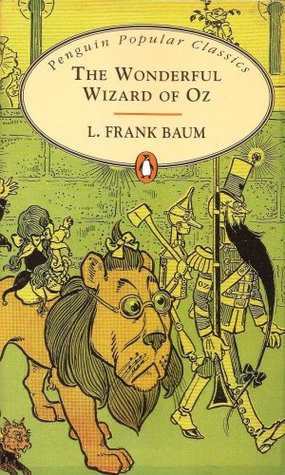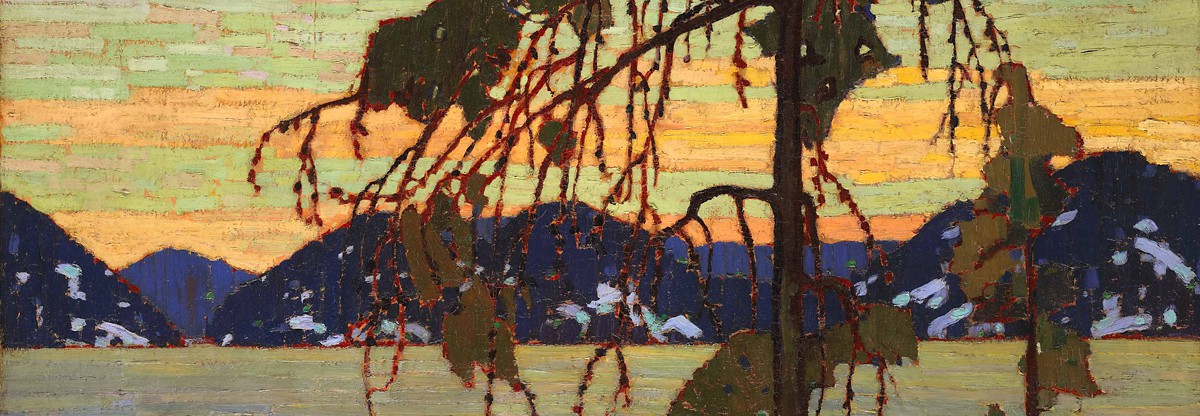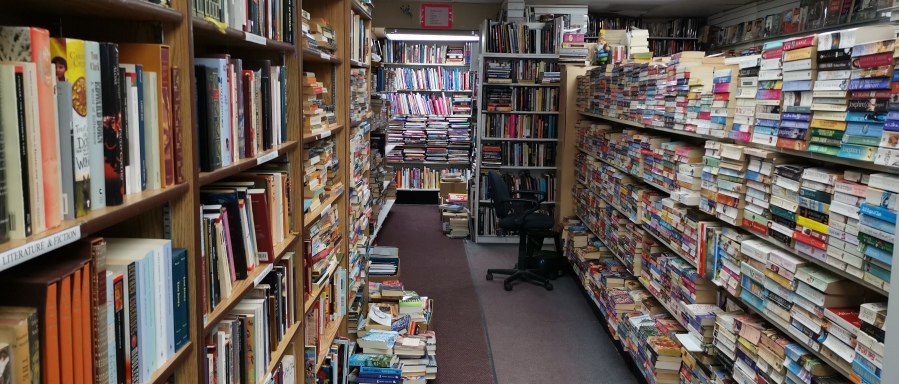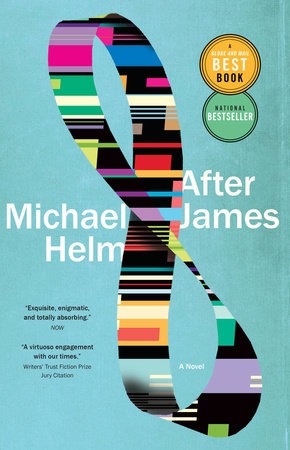One of my goals for this year was to recommit to reading; I left this intentionally vague because, as I pointed out recently, it is not always helpful to me to read towards a quantifiable goal. My true aim is to rediscover “healthy reading habits” – more specifically, to return to habitual reading that expands my horizons, reduces stress, challenges me, and improves my mental health. Inherent in this increased focus on reading is a decrease of “screen time” and other distractions which, for me, can contribute to feelings of anxiety, depression, and wasted time. As with any healthy habit, I think it is important to give myself a checkup – to take stock, read my vital signs, and make sure that I am on the healthy path I wish to be.
So, what have I read this year so far? Why have I chosen the books I have? Are they helpful, healthy, diverse reading choices? What will I read next?
1. After James by Michael Helm
Why?: I was gifted this book for Christmas this year. It was an interesting read, but extraordinarily dense and difficult to follow. The underlying story is an interesting Black-Mirror-esque parable about the dangers of modernity, and pays off if you stick with it.
Health check: I am always happy to read a book by a Canadian author. This book certainly challenged me to read outside my comfort zone, but ultimately left little lasting impression.

2. The Wonderful Wizard of Oz by L. Frank Baum
Why?: After reading Bruce Handy’s delightful Wild Things: The Joy of Reading Children’s Literature as an Adult last year, this was one of the classics of KidLit that I was inspired to pick up for the first time. The author establishes his goal in a foreward: to create a fantastical world without the peril inherent in other imaginary realms. He undeniably achieves this goal – Oz is a lovely episodic adventure, but it lacks teeth. Give me Neverland or Wonderland or Narnia, and raise the stakes a little.
Health check: A classic novel by a white male author is not a particularly inspired choice, but it was an easy read and a lovely “palate cleanser” after the dense After James. I will not be continuing on to the 13 (!) other Oz books, but I am glad to have read the original.

3. All the President’s Men by Carl Bernstein and Bob Woodward
Why?: Despite a background in history, my interest in 20th century history has never been strong. This past year, however, I have found myself seeking out more and more knowledge on that tumultuous century, from global conflicts to rights movements to politics. For example, Watergate is a topic which I have only ever been peripherally and colloquially aware of – until I listened to the first season of the incredible podcast Slow Burn, from Slate Media. That show put me on a beeline for the defining book on the subject, and it was fascinating.
Health check: More old, straight, white guys – but this is one of few books I would consider a “must read” for any complete understanding of the world we live in North America in 2019. My eyes are wider now than they were before.

4. The Museum of Extraordinary Things by Alice Hoffman
Why?: This was an impulse pickup at a used book sale. I had never heard of the book nor the author, but $2 is a low-risk gamble on an interesting back cover blurb. It was a thoroughly average read, but I was never tempted to toss it aside without finishing. Better than the book itself was the inscription I discovered inside the cover – the original owners had listed their names and the dates they read the book before giving it away. I added my names and dates to the list, and will find a way to re-circulate it for someone else to discover.
Health check: Finally, a female author makes the list. I will keep trying to be more conscious of gender diversity in my reading. This is also not a genre of book I would typically gravitate towards, which I am glad to have overcome – there is no growth to be found without change.

5. Dear Mr. M by Herman Koch
Why?: Koch’s The Dinner was a tense, brilliant thriller, and I have been looking forward to picking this one up since I put that one down. It is a story about an author and the creative process that sits in my personal pantheon on that favourite subject among the likes of Stephen King’s Lisey’s Story or David Gilbert’s word-perfect novel & Sons. Koch’s pacing is perfect, his prose precise. This was a great read.
Health check: Another white male author, but I will give myself a partial pass for reading a book translated from the original Dutch. This is also the first book this year that I have really disappeared into – that absorbed me so fully that it provided a genuine and much-needed escape.

6. Homo Deus: A Brief History of Tomorrow by Yuval Noah Harari
Why: Harari’s first major work, Sapiens, was a tour-de-force of historical and anthropological reasoning. It was fascinating and thought provoking and an incredible read, and so it was a no-brainer to pick up his next offering.
Health check: This book was a mixed bag when it comes to healthy reading. As with Harari’s prior work, it is certainly well-reasoned and mind-expanding, and provides a ton of mental stimulation. Harari himself writes from a uniquely global perspective, with one foot each in western and eastern traditions and a vast historical understanding. However, the bleakness of some of this book’s hypotheses did not help me feel great for a while after finishing.

7. The Vanishing Stair by Maureen Johnson
Why?: The newly released sequel to a YA mystery romp that I absolutely loved. Simple escapism.
Health check: This book was a great choice for many reasons. It was much lighter fare after the heavy lifting of Homo Deus, but Johnson still acknowledges the intelligence and understanding of young adult readers and does not hold back on challenging them. She values representation for its own sake, and includes diverse characters who are not defined by their queerness or their ethnicity but by who they are and the decisions they make. Plus, it is a really good book.

8. The Glass Castle by Jeannette Walls
Why?: This book was loaned to me by a coworker in a “recommended reads swap”. The cover was familiar to me, and I vaguely remembered that a movie was made based on the book a few years ago, but I cannot say I had any real idea what this book was about before reading it. Weeks after finishing, I still can’t say whether I liked or disliked The Glass Castle; I don’t know that I had a like/dislike reaction at all. More than anything, this book was interesting. Its unbelievable-but-ostensibly-true story is fascinating and infuriating. It is well written and well remembered, but I am still not sure where it sits with me.
Health check: This is never a book I would have picked up by myself had it not been recommended to me by someone whose reading I respect, and I am always happy to read outside of my comfort zone. It is fairly genre-defying, and has left me pondering long after the last page.

9. Dead Wake: The Last Crossing of the Lusitania by Erik Larson
Why?: Erik Larson’s book about murder and the Chicago World’s Fair, The Devil in the White City, was one of the best books I read last year (or in many years, in fact). Larson does narrative nonfiction better than anyone writing today, and as soon as I finished White City I added all of his other works to my to-be-read pile. While I don’t think Dead Wake is ever quite the equal of the best bits of White City, it is still a far-above-average read and a completely absorbing look at a misunderstood moment in world history.
Health check: Expanding knowledge? Check. Challenging preconceptions? Check. Enjoyable reading? Check. No points for diversity and representation, but overall a healthy choice.

10. A Wizard of Earthsea by Ursula K. Le Guin
Why?: I was supposed to read this book years ago for a children’s literature class, and I did not. I was swamped with other reading at the time so I skimmed enough to get the gist and then looked up a synopsis online. I wish now that I had made the time to read this long ago. It is so clearly a precursor of many recent fantasy novels (most notably Patrick Rothfuss’ Kingkiller Chronicles) that it seems like mandatory reading for anyone interested in the genre.
Health check: As with The Wonderful Wizard of Oz, it is wonderful to read a seminal work of (supposedly) children’s fantasy which I have never made time for. Earthsea provided me a magical escape into a richly imagined world. It is also strangely freeing to read the first book of a series knowing that I will likely never read the rest, but nevertheless be engrossed from start to finish because the book stands up so well on its own.

11. Behind the Beautiful Forevers: Life, Death, and Hope in a Mumbai Undercity by Katherine Boo
Why?: This book has been on my list for a long time because of some fairly high-profile recommendations, but I knew almost nothing about it going in. I didn’t realize, for instance, that it is as narrative as it is – I had assumed it was more of an investigative report, but it is essentially a novel. Katherine Boo does a fair job of presenting slum life as it is experienced by real people, without straying into the territory of “poverty porn” designed to elicit relief and schadenfreude from readers in developed economies. In all, though, I found its conclusions (perhaps because they are somewhat bound by fact) to be less satisfying than a truly fictional work like Rohinton Mistry’s A Fine Balance.
Health check: This is another book that I doubt I would have picked up myself if it had not been recommended by people whose opinions I hold in esteem. It was eye-opening and stark, and forced me outside of my privilege and prejudice.

12. Independence! By Dana Fuller Ross
Why?: I picked this book up used on a whim, for the plain reason that I have never read a Western before and I wanted to give it a shot. There is something undeniably appealing about mass produced pulp fiction (whether Westerns or those annual Christmas pulps or, I assume, Harlequins), with their tidy resolutions, uncomplicated morality, and predictable flow. This book has no depth, no lessons, no beautiful prose – and that is why I so thoroughly enjoyed it. It reminded me that it is okay to just read for fun, that not everything has to be capital-I Important.
Health check: There is no shortage of problematic material here – racial stereotypes (particularly against First Nations), American colonialism, bad gender politics, headstrong women who need the love of good men to bring them in line. But here too are fun and frivolous adventures, cut-and-dry morality, and a reassurance that the good guys will always win. It was everything I wanted a Western paperback to be, as a newcomer to the genre.
***
Summary
Books read so far: 12
Books by Canadian authors: 1
Genre diversity:
- Fiction (General) – 3
- Narrative nonfiction – 3
- Children’s Fantasy – 2
- Nonfiction (General) – 2
- Young Adult – 1
- Western – 1
Gender breakdown (Authors):
- Women – 5
- Men – 7
- Nonbinary – 0
Ethnic breakdown (Authors):
- White – 11
- Jewish – 1
In all, I am happy with my progress so far – with the glaring exception of a lack of diversity in authors. I hadn’t realized how whitewashed my list so far had been until I laid them out, one after the other. It is important to me to not only read on a broad range of topics and explore new ideas, but also to listen to and support voices whose cultural and racial experience is different from my own. I have put hard work into the former; it is time to focus some attention on the latter. On to the next chapter!


